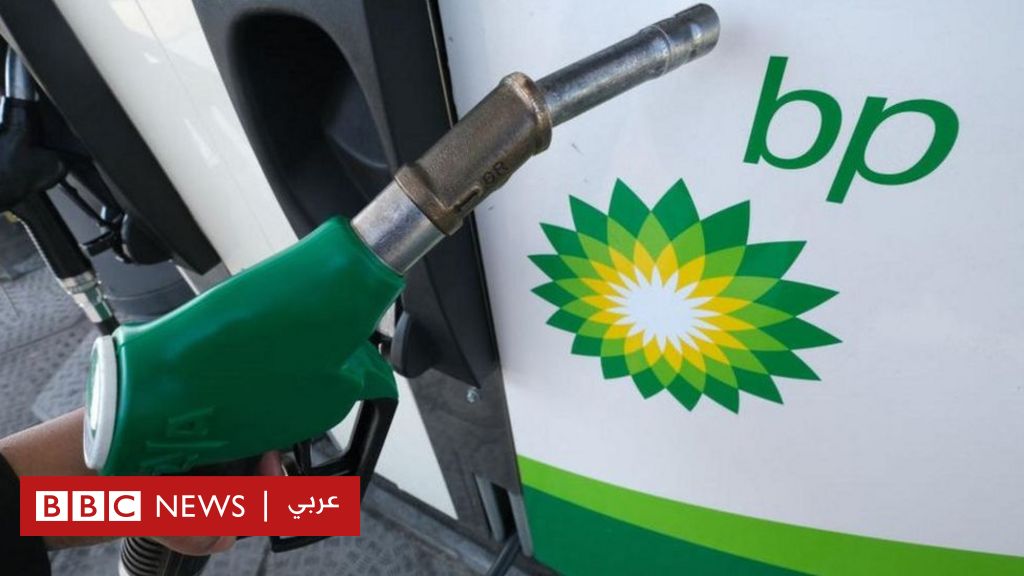British oil and gas giant British Petroleum announced strong earnings, as energy prices continued to rise.
Profits were $5bn (£4bn) for the first quarter of this year, although this was down from $6.2bn in the same period last year, as oil prices fell from the peak seen after the Russian invasion of Ukraine.
The abundant profits of energy companies have led to demands for them to pay more taxes, in light of British households incurring high energy bills.
Both the Labor and Liberal Democrats have called for changes to the windfall profits tax.
Labor leader Sir Keir Starmer has called for an “appropriate” tax on energy profits.
He told the BBC: “Of course we want BP and others to make profits so that they can invest, but these are profits that they did not expect to achieve. These are excessive profits because the global price of energy is very high.”
Liberal Democrat leader Ed Davey said: “These staggering profits come as a shock to all those struggling to pay their energy bills.”
He added that the government “has let giant oil and gas companies escape responsibility for billions of pounds, while people and companies struggle to pay for gas and electricity.”
BP, better known as BP, posted record annual profits last year as the company – along with the rest of the energy sector – benefited from higher oil and gas prices in the wake of Russia’s invasion of Ukraine.
That war led to huge profits for energy companies, but it also led to higher energy bills for homes and businesses.
BP chief executive Bernard Looney said the first quarter was one of “strong performance”.
The company said it had witnessed “exceptional” performance from gas marketing and trading and “very strong oil trading”.
Nick Butler, former BP chief executive and visiting professor at King’s College London, said the strong results came “from good internal business performance but also from higher prices around the world”.
But he told the BBC that the company’s profits were likely to “drop a lot this year”, with lower oil and gas prices.
Last year, the UK government introduced a tax on windfall profits made from oil and gas extraction in the country – called an energy dividend tax – to help fund its scheme to lower gas and electricity bills.
The latest tax is set at 35 percent, and together with existing taxes on oil and gas companies, brings Britain’s total tax rate to 75 percent. However, companies are able to reduce the amount of tax they pay, by calculating losses or investing in the oil and gas business in Britain.
The vast majority of BP’s profits are generated outside the UK and therefore those gains do not count towards the scope of energy profits tax.
In the first three months of 2023, the company paid $3.4 billion in taxes globally and $650 million in Britain – of which around $300 million is owed according to energy gains tax. The company says it has now paid an additional $1 billion in taxes since the energy dividend tax was introduced.
Wholesale gas prices are falling, raising hopes that household consumption bills will start to fall this summer.
The price of Brent crude oil has also fallen to around $80 a barrel, from a high of around $128 after Russia’s invasion of Ukraine.
But BP said oil and gas prices in Europe would remain higher than usual in the three months to the end of June.
Under the government’s energy price guarantee, the average household’s energy bills have been capped at £2,500 a year, although this level of support is due to stop at the end of June.
However, experts believe that invoices will fall below this level in July, due to lower wholesale costs. This would make the price guarantee redundant.
Protest emissions
BP has also come under fire after it said earlier this year it would lower its emissions-cutting target by the end of the decade.
Last week, at the company’s annual general meeting, some of Britain’s biggest pension funds voted against reappointing BP’s chairman, Helge Lund, in protest.
Last week, the company said it appreciated “constructive objection and engagement.”
Responding to BP’s latest findings, Charlie Kronick, of environmental lobby group Greenpeace, said: “It’s time for the government to step in and force BP – and the rest of the oil industry – to start paying for the damage they’ve done to the climate, and using the money to remedy the impacts.” The devastating weather conditions we are already seeing around the world.
2023-05-02 15:34:01
#profits #giant #British #Petroleum #raise #great #criticism #Britain #BBC #News #Arabic


